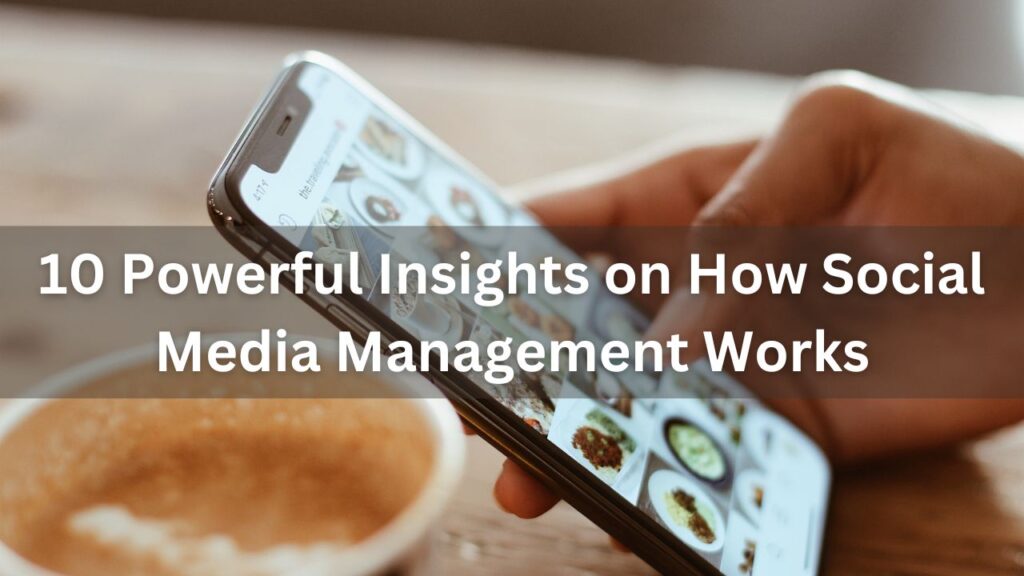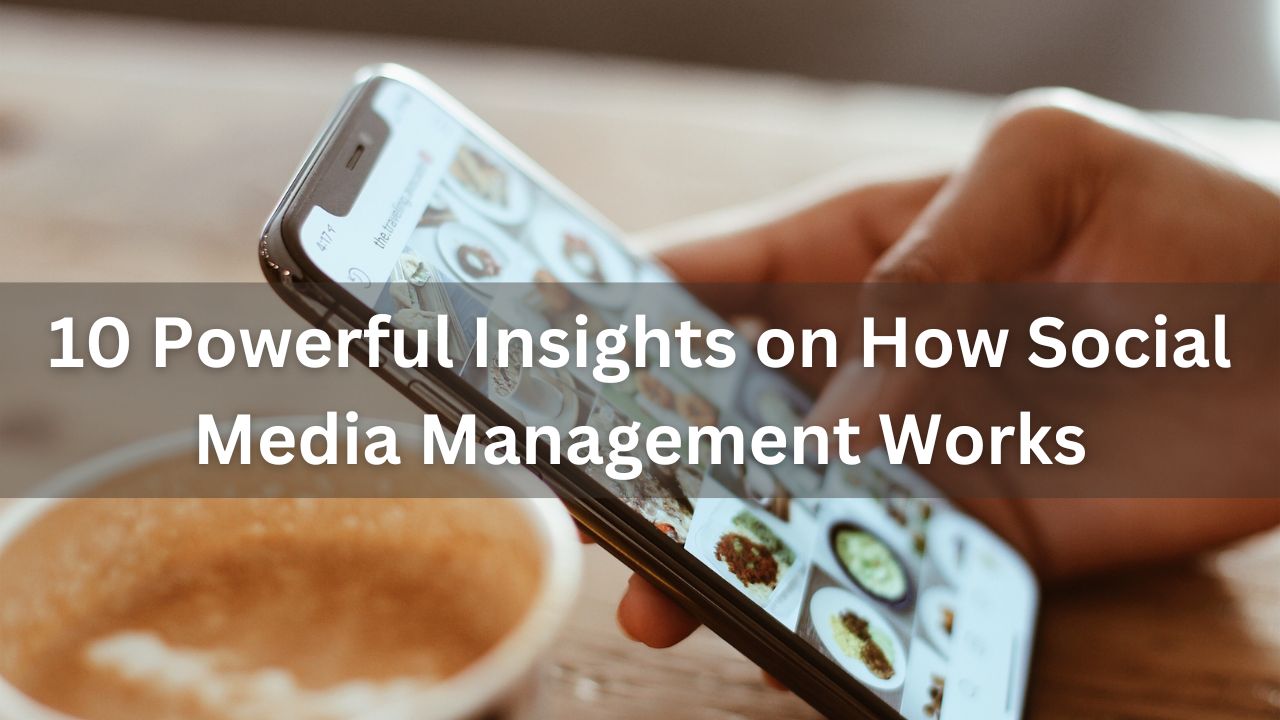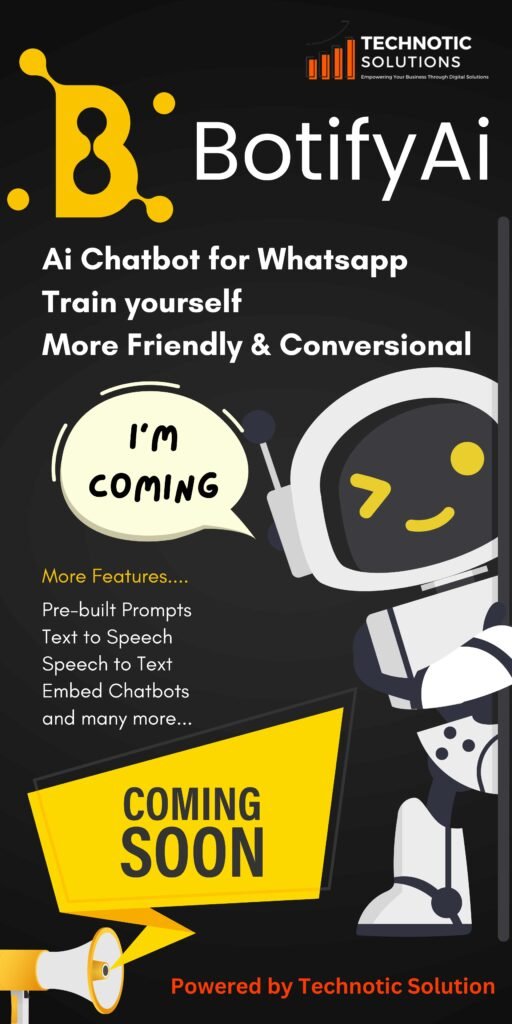In today’s digital age, social media has evolved from a mere communication tool to an essential part of modern business strategy. To thrive in this competitive landscape, businesses need to understand how social media management works. It involves much more than just posting content sporadically; it requires a well-thought-out strategy to engage audiences, grow brand awareness, and ultimately drive tangible results.

What is Social Media Management?
Social media management refers to the comprehensive process of creating, scheduling, analyzing, and engaging with content posted on social media platforms. This process helps businesses connect with their target audience, build brand loyalty, and achieve various marketing goals, such as increasing website traffic, generating leads, and boosting sales. Effective social media management is crucial for any business looking to establish a strong online presence and stay relevant in their industry.
Key Components of Social Media Management
1. Content Creation and Curation
Creating and curating content is the foundation of social media management. High-quality content that resonates with your audience is essential for maintaining engagement and building a loyal following. This content can take various forms, including blog posts, images, videos, infographics, polls, and more.
- Content Creation: Original content is vital for showcasing your brand’s personality and expertise. Whether it’s an insightful blog post, an eye-catching infographic, or an entertaining video, content should be relevant, engaging, and aligned with your brand’s voice and goals. For instance, a fitness brand might create workout videos or nutrition tips that cater to their health-conscious audience.
- Content Curation: In addition to creating original content, curating content from other sources can provide value to your audience. Sharing articles, industry news, or user-generated content can help keep your social media channels active and informative. It also positions your brand as a thought leader in your industry, providing followers with valuable information that reinforces your expertise.
2. Social Media Strategy
A well-defined social media strategy is crucial for effective management. This involves setting clear objectives, identifying your target audience, choosing the right platforms, and planning a content calendar that aligns with your overall marketing goals.
- Setting Objectives: Your social media strategy should begin with clear, measurable objectives. These could range from increasing brand awareness to generating leads or driving website traffic. Each objective should have specific metrics, such as the number of followers gained, engagement rates, or conversion rates.
- Identifying Target Audience: Understanding your target audience is critical. This involves analyzing demographic data, such as age, gender, location, and interests, to tailor your content to meet their needs and preferences. For example, a fashion brand targeting young adults might focus on Instagram and TikTok, where this demographic is most active.
- Choosing Platforms: Not all social media platforms are created equal. Your choice of platforms should be based on where your target audience is most active. While Facebook might be ideal for reaching a broad audience, LinkedIn is more suited for B2B marketing, and Instagram is perfect for visually-driven content.
- Planning Content Calendar: Consistency is key to maintaining an active social media presence. A content calendar helps you plan your posts in advance, ensuring that your content is timely, relevant, and varied. It also allows you to align your social media efforts with upcoming events, product launches, or marketing campaigns.
3. Scheduling and Posting
Consistency is a critical factor in social media management. Scheduling tools like Hootsuite, Buffer, and Sprout Social allow businesses to plan and automate their posts, ensuring that content is shared at optimal times for maximum engagement.
- Optimal Posting Times: Different social media platforms have peak times when users are most active. For instance, posting on Instagram during the early evening hours might yield better engagement compared to early morning posts. Scheduling tools provide insights into these optimal times, allowing you to maximize the visibility of your posts.
- Frequency of Posts: While it’s important to post regularly, it’s equally important not to overwhelm your audience with too much content. Finding the right balance in posting frequency can help maintain engagement without causing follower fatigue.
- Automated Posting: Scheduling tools enable you to automate your posts, which is particularly useful for maintaining a consistent posting schedule across multiple platforms. Automation also allows you to plan posts during times when you may not be available to post manually, such as weekends or holidays.
4. Community Management
Engaging with your audience is essential for building and maintaining relationships. Community management involves responding to comments, messages, and mentions, as well as actively participating in conversations relevant to your brand.
- Engagement: Active engagement with your audience helps build trust and loyalty. Whether it’s responding to a customer query, acknowledging a positive review, or addressing a complaint, timely and thoughtful interactions can significantly impact your brand’s reputation.
- User-Generated Content: Encouraging and sharing user-generated content (UGC) can further strengthen your community. UGC not only provides authentic content for your social media channels but also fosters a sense of belonging among your followers.
- Crisis Management: Effective community management also involves handling negative feedback or crises. Addressing issues promptly and transparently can prevent small problems from escalating and damaging your brand’s reputation.
5. Analytics and Reporting
Tracking the performance of your social media efforts is vital for understanding what works and what doesn’t. Analytics tools provide detailed insights into engagement rates, follower growth, and content effectiveness, helping you refine your strategies and make informed decisions.
- Key Metrics: Important metrics to track include engagement rates (likes, comments, shares), reach, follower growth, click-through rates, and conversion rates. These metrics help you gauge the effectiveness of your content and overall strategy.
- Reporting: Regular reporting allows you to assess your progress toward your social media objectives. Reports should highlight key achievements, identify areas for improvement, and provide actionable insights for future strategies.
- A/B Testing: Testing different types of content, posting times, or messaging can provide valuable insights into what resonates most with your audience. A/B testing allows you to make data-driven decisions that enhance your social media performance.
6. Paid Social Advertising
Paid social advertising is an effective way to reach a broader audience and achieve specific marketing objectives. Platforms like Facebook, Instagram, LinkedIn, and Twitter offer targeted advertising options that can drive traffic, generate leads, and boost conversions.
- Targeted Ads: Social media platforms allow you to target ads based on demographics, interests, behaviors, and even retargeting website visitors. This level of targeting ensures that your ads reach the most relevant audience.
- Ad Formats: There are various ad formats to choose from, including photo ads, video ads, carousel ads, and sponsored posts. Each format serves different purposes, from building brand awareness to driving direct sales.
- Budgeting: Paid social advertising allows you to control your budget, setting daily or lifetime budgets for your campaigns. Monitoring your ad spend and adjusting as necessary ensures that you get the most out of your investment.
7. Influencer Collaboration
Collaborating with influencers can amplify your brand’s reach and credibility. Influencers have established trust and loyalty among their followers, making them valuable partners in promoting your products or services.
- Choosing the Right Influencers: Not all influencers are a good fit for your brand. It’s essential to choose influencers whose audience aligns with your target market. Micro-influencers, with their highly engaged followers, can often provide more value than macro-influencers.
- Types of Collaborations: Influencer collaborations can take various forms, such as sponsored posts, product reviews, giveaways, or brand ambassadorships. Each type of collaboration offers different benefits, from increasing brand awareness to driving sales.
- Measuring Success: The success of influencer collaborations should be measured by tracking metrics such as engagement rates, follower growth, website traffic, and sales generated from the campaign.
Why Social Media Management Matters
Social media management is essential for maintaining a strong online presence and staying competitive in today’s digital landscape. It helps businesses to remain relevant, connect with their audience, and achieve their marketing objectives. By effectively managing social media, businesses can increase brand awareness, drive traffic to their website, and ultimately boost sales.
Social media is a dynamic and ever-evolving space. What worked last year may not be as effective today, which is why continuous learning and adaptation are crucial. Keeping up with the latest trends, algorithms, and best practices ensures that your social media efforts remain effective and relevant.
Final Thoughts
Understanding how social media management works is critical for success in the digital age. It requires a strategic approach, consistency, and the ability to adapt to changing trends. By mastering these elements, businesses can leverage social media to achieve their goals, build strong relationships with their audience, and stay ahead of the competition.
Social media management is not just about maintaining an online presence; it’s about creating meaningful connections, driving growth, and fostering a loyal community. As you refine your social media strategy, remember that every interaction counts. Each post, comment, and message is an opportunity to strengthen your brand and move closer to your business goals.






